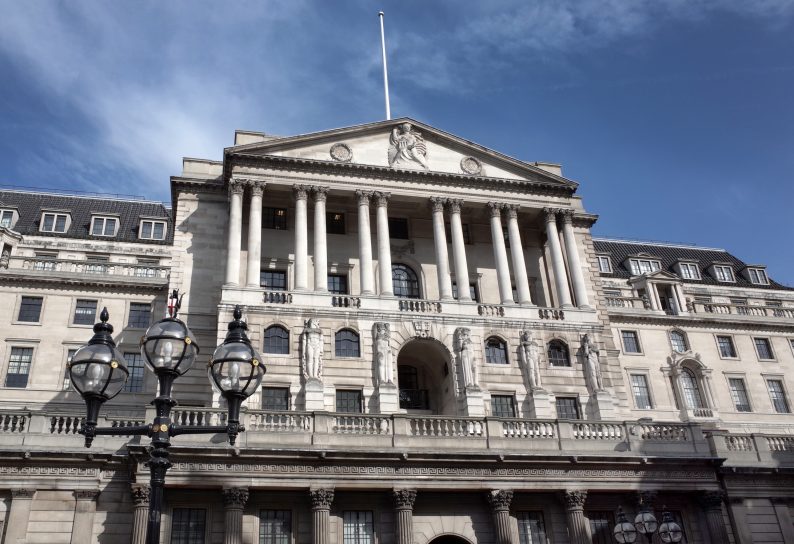In life, one is faced with a myriad of choices which can sometimes seem to be overwhelming, but in the end, a single choice emerges. You can’t know how your life would be if you had decided to go on that blind date after all – would the partner you could have met be better than the one you are with and had children together? It is simply imponderable.

The same is true of the great Brexit economic debate. Many dire predictions were made for the UK economy on the basis of a vote to leave the EU, but the underlying assumption was that David Cameron would honour his word and initiate the Article 50 notice on 24th June 2016 (something that we now all know he never had the power to do, thanks to the Supreme Court decision on the applicability of the Royal Prerogative). It was also posited on the failure to predict the work of Mark carney and colleagues at the Bank of England in supporting Sterling and the economy via assurances and renewed QE measures. It is true that warnings of dire, instant consequences (save for the crash in the value of the Pound) have not come true.
In the week that sees parliament give an initial green light to the UK-EU exit process, the Bank of England has revised its growth forecast upwards. In November, it expected growth of 1.4% for 2017, up from an August prediction of 0.8%, the new projection for growth is 2%. On the other hand, it expects the saving rate to decline to 4% (the amount of earnings that consumers save) and inflation to rise to 2% this year (up from an earlier estimate of 1.8%).
The publication of the government’s Brexit White Paper yesterday has raised more doubts than it quietens, but despite the clear economic risks of Brexit, it looks highly unlikely that parliament will be able to modify its course without a significant rebellion in Tory ranks.













Leave A Comment